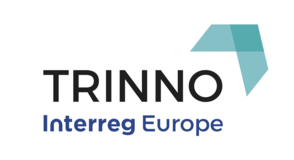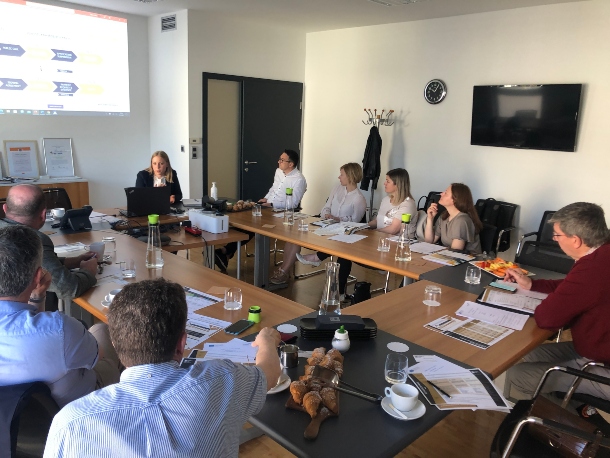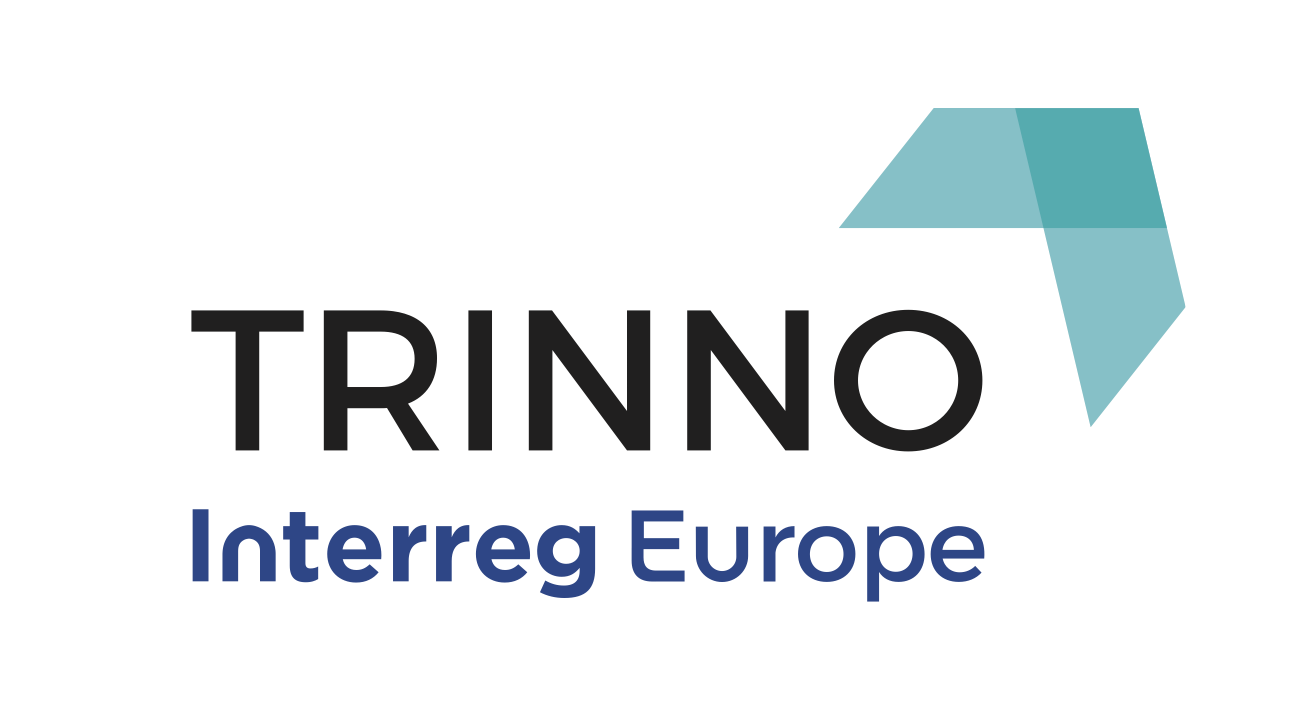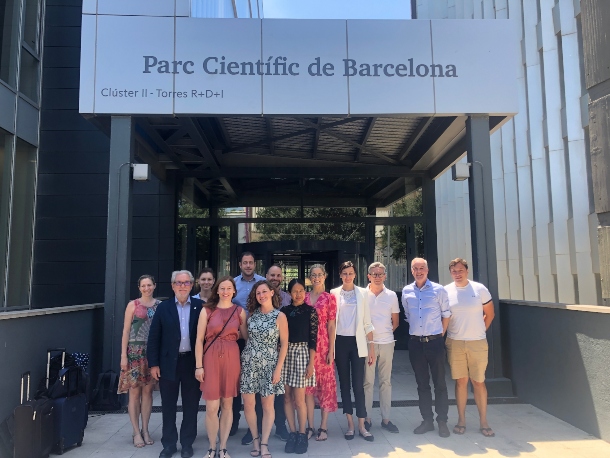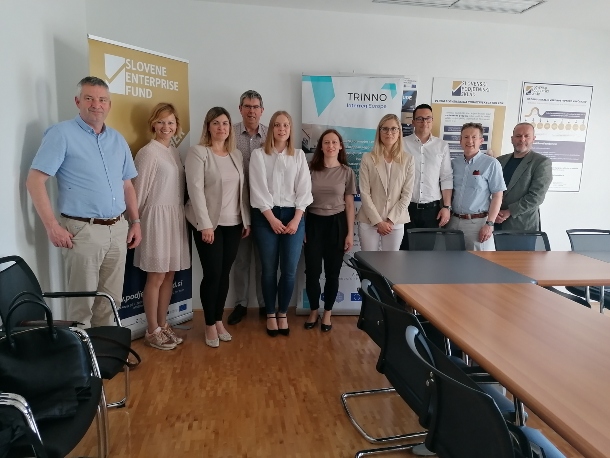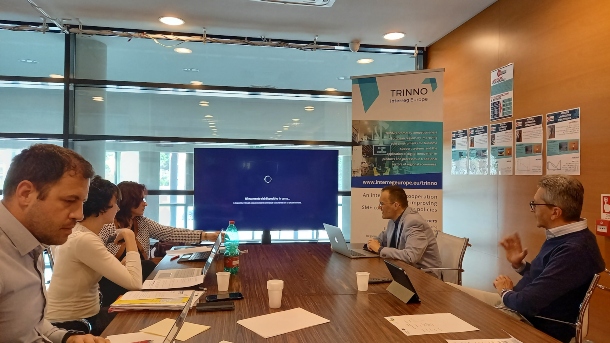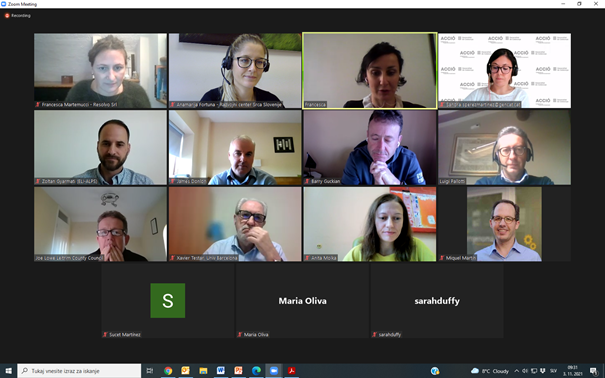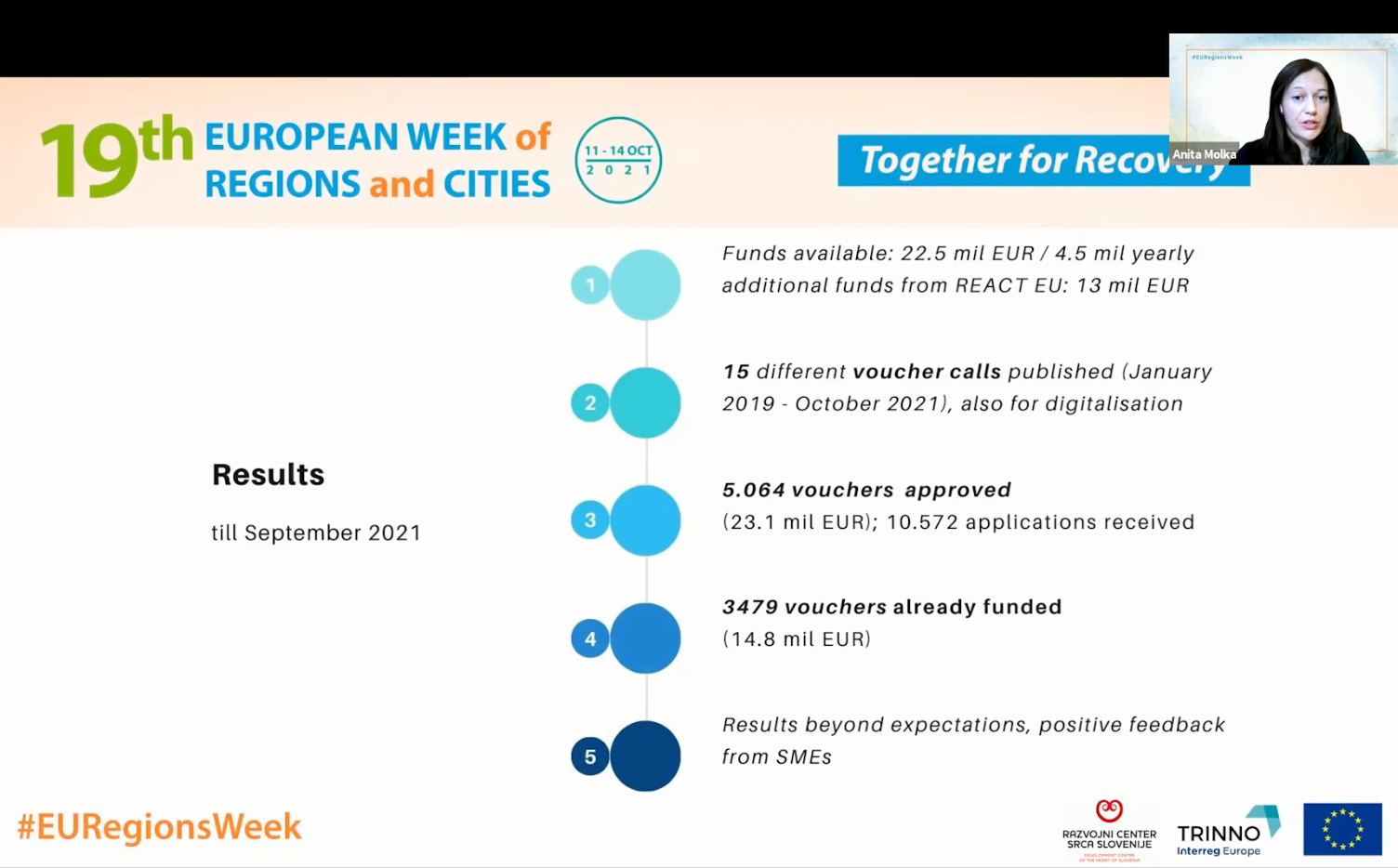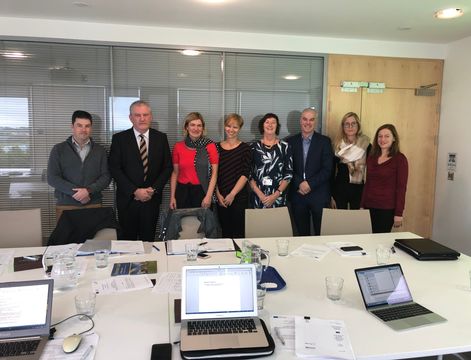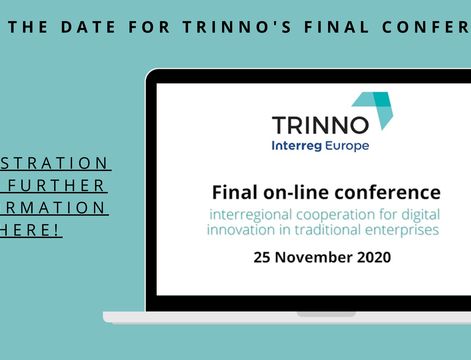TRINNO additional year of exchanges dealt with the role of digital Innovation in the COVID/ post-COVID society. Consortium addressed changes that COVID-19 imposed to business support services for digital innovation: soft-support, physical infrastructure and funding. Project partners developed proposals for policy change, in order to impact policy instruments to further improve the way in which they support enterprises to address the crisis.
In Ireland TRINNO inspired further adapted Voucher Schemes and pilot Digital Start Initiative to address COVID-19 business challenges. The importance and benefit of voucher schemes to support digitalisation became more obvious to participating Irish Stakeholders, particularly the Local Enterprise Offices (LEOs) who support traditional micro-enterprises, with an adapted Trading-online Voucher Scheme implemented to address COVID-19 challenges for this cohort of enterprises. This was a key pillar in the response to business challenges from COVID-19 restrictions in place, resulting in phenomenal demand – increasing by 950%, with the number of enterprises supported per annum increasing from 1,218 in 2019 to over 13,000 in 2020. Additionally, arising from further learning and interregional exchange with Slovene Enterprise Fund on behalf of Slovenia Ministry of Economy and peer review with University of Barcelona during the project extension, recommendations for a diagnostic phase within the voucher schemes were considered. As a result, the LEO stakeholders made further contributions to develop a pilot Digital Start voucher initiative - aimed at developing digitalisation strategies for micro-enterprises and SMEs. This was implemented as a pilot initiative with €2m funding to the end of Dec 2022, with the aim to mainstream this initiative in the next programming period.
Great results are also from Tuscany where two policy instruments were addressed, both run by the Tuscany Region the ERDF and ESF New Regional Operational Programmes 2021-2027. The objective was the Implementation of new projects within the “Catalogue of advanced and qualified services for Tuscan SMEs” funded by ERDF ROP, in particular within the new section dedicated to Support Services for digitalisation and to push applications for Industry 4.0 Voucher system – funded by ESF ROP. These two instruments have been presented as input for TRINNO Consortium interactive analysis, as new good Practices of digital Innovation in traditional sectors that we have identified since COVID. Our main achievement has been the involvement of the Managing Authority (Tuscany Region) which was supported in taking advantage of the good practices in the field of digitalisation observed during the project, in particular during the study visit in Barcelona. Thanks to this interregional cooperation the Tuscany Region is investigating how to bring further policy improvement implementing some adjustments in the services offered: Training program to enhance citizens and entrepreneurs’ digital skills from basic to advanced level, Awareness campaign and training courses targeting SMEs, accelerating the ecosystem, direct funding.
For Hungarian partner ELI-HU Non-Profit LTD the one year for additional activities in the project was unquestionably useful. Remaining the only Hungarian TRINNO partner, they went ahead on mapping the stakeholders of the national policymaking level that support SMEs during the digitalization processes. Their work has been done in close cooperation with the Chamber of Commerce and Industry of Csongrád-Csanád County, who’s experience led them to a running national project, the Modern Enterprises Program. The study visit in Florence provided with practical information that might be adopted in their national program. Supporting letters collected from the stakeholders of the innovation ecosystem shows that TRINNO goals and achievements are important and acknowledged in Hungary as well. The strong link between innovation and digitalization was recognized, also the importance of innovation value chains including all levels of the ecosystem. On the other hand they got acquainted with unique people within the partnership who do a lot for innovation in their own area that motivated them to always try to do more and keep monitoring international good practices.
